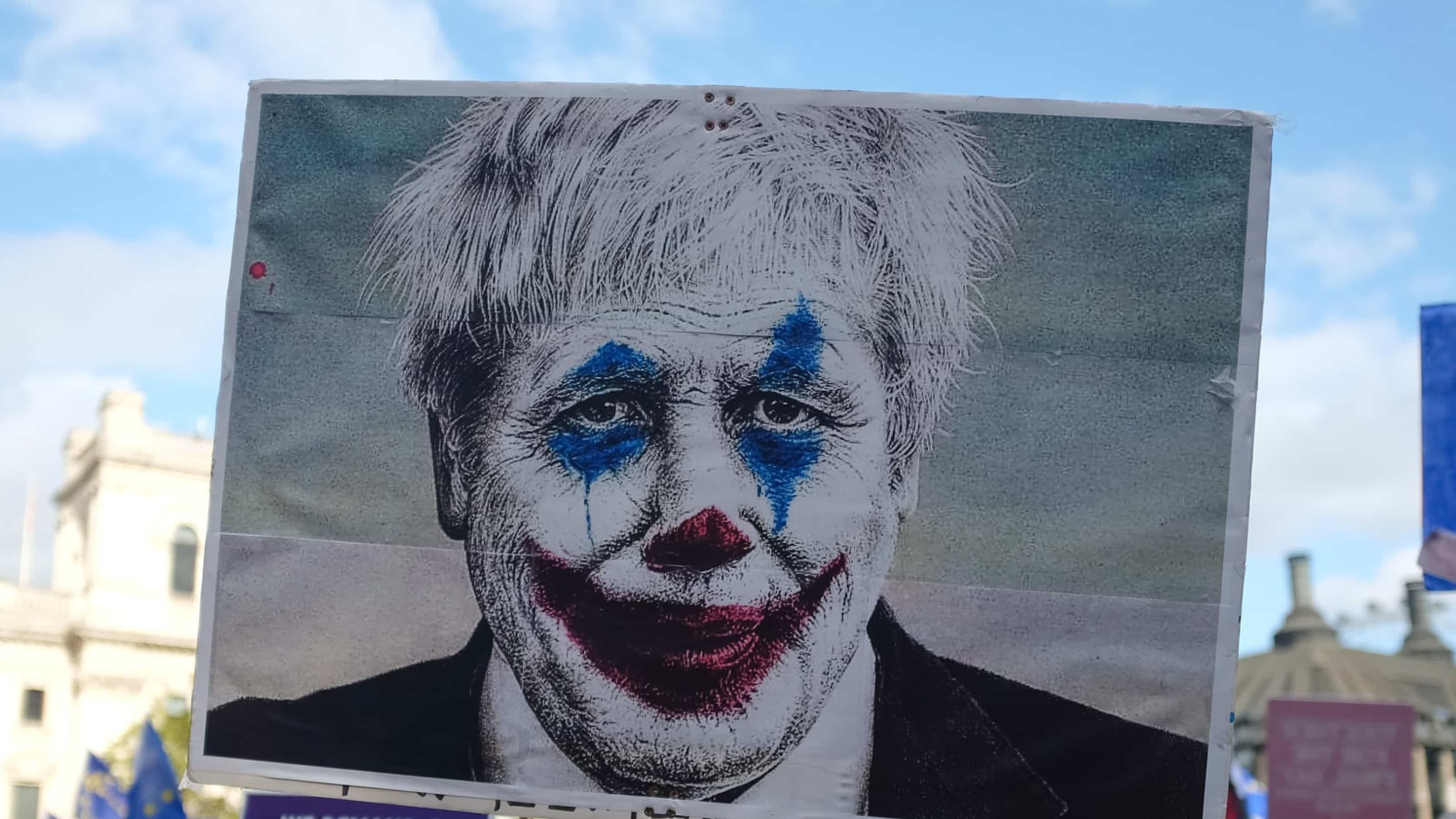Think BoJo’s resignation will ease the cost of living crisis? Think again

With news of Boris Johnson’s departure as Prime Minister, citizens throughout the UK are likely wondering whether this could potentially take the pressure off the sharp hike in living costs. Unfortunately, there is no such sweet relief.
“The chaos of the past 48 hours will have done nothing to assuage fears over the cost-of-living crisis. Nor will the upcoming leadership election,” says energy expert and co-founder of ZIPZERO, Mohsin Rashid.
This comes after energy firm bosses have warned that 40 per cent of households could soon be facing fuel poverty. Of course, this is only exacerbated by the fact that wages are failing to keep up with rising inflation, with the Joseph Rowntree Foundation calculating that 68 per cent of families experiencing poverty include at least one working adult.
“Make no mistake, this is likely to be bad news for the government’s response to massive issues such as rising inflation and energy bills, which are predicted to top £3,000 per year. While the government consumes itself in finding its next Prime Minister, the chances of a cohesive strategy being developed then executed to tackle soaring energy prices look slim,” Rashid adds.
“The only way to avoid millions of people going into fuel poverty this winter is to develop a collaborative strategy between government, energy providers, retailers and consumers,” Rashid concludes. “At ZIPZEREO that’s exactly what we’re doing, and we would call on the next PM and their team to engage with the private sector to see how innovative solutions could help people fight their way out of the cost-of-living crisis.”
Prior to his resignation, Johnson’s way of tackling the cost of living crisis was to stress that work is the best way out of poverty. Diverting the focus, on Wednesday he told the Welsh Conservative conference that we have to go “all the way back to 1974 to find a time when the unemployment was as low in the UK as it is today.”

